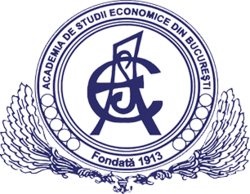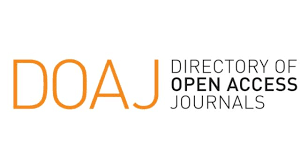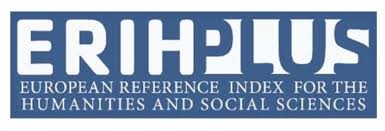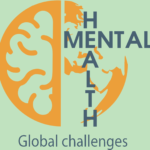Mental Health and Ethical Issues in Cultural and Organizational Change
DOI:
https://doi.org/10.32437/mhgcj.v4i2.97Keywords:
Ethical reflexes, Soft Skills, System of rewarding, Values and Moral Principles, Human Being 1.0, 2.0 and 3.0, Mental HealthAbstract
Introduction. Human behavior and by extension and organizational behavior becomes intelligible, adaptable and with the possibility of optimization if analyzed from the perspective of development and bio-psychological evolution of the human individual. In his bio-psycho-social evolution, the human individual goes through stages with specific needs, being equipped with specific tools, necessary to satisfy those needs.
Purpose. The results of the researches in the field of neurosciences, interpreted in epigenetic and psychological key, offer necessary solutions in the optimization and efficiency of the organizational life. On the other hand, new perspectives open up in understanding interpersonal behavior and relationships, with potential for use in organizational dynamics
Methodology. Each stage of the development of the human brain implies the manifestations of behavior, specific to those stages. The creation of an explanatory model based on the interpretation of the functioning of the human brain and on the analogy between its dynamics and concrete, observable behavior's, deepens the knowledge of the individual on his way to becoming a human being
Results, Discussion and Conclusion. The concepts of Human Being 1.0, 2.0 and 3.0 are closely related to the organization and functioning of the human brain. They describe the type of needs specific to each component level of the brain, needs that determine and motivate human behavior, the rewards associated with their satisfaction, which strengthen behaviors, and the evolutionary hypostasis of human behavior in relation to values and moral principles.
The experimentation of soft skills takes place only by respecting certain conditions that meet the specific needs of employees but especially by ensuring the framework of manifestation of Human being 3.0 through self-control of intention, proactive attitude and building a moral architecture to guarantee its achievement
References
Dramnescu, M., Dumitru, D., Lacatus, M.L., Camelia S., (2020). Ethical dimensions of soft skills Journal of Business Ethics (submitted manuscript)
Lepeley, M.T. (2017) Human Centered Management. The 5 Pillars of Organizational Quality and Global Sustainability. Routledge.
Yukl, Gary A. (2010). Leadership in organizations. 7th Edition, Upper Saddle River, NJ: Prentice Hall









 E-mail us: viktor.vus@mhgcj.org
E-mail us: viktor.vus@mhgcj.org 